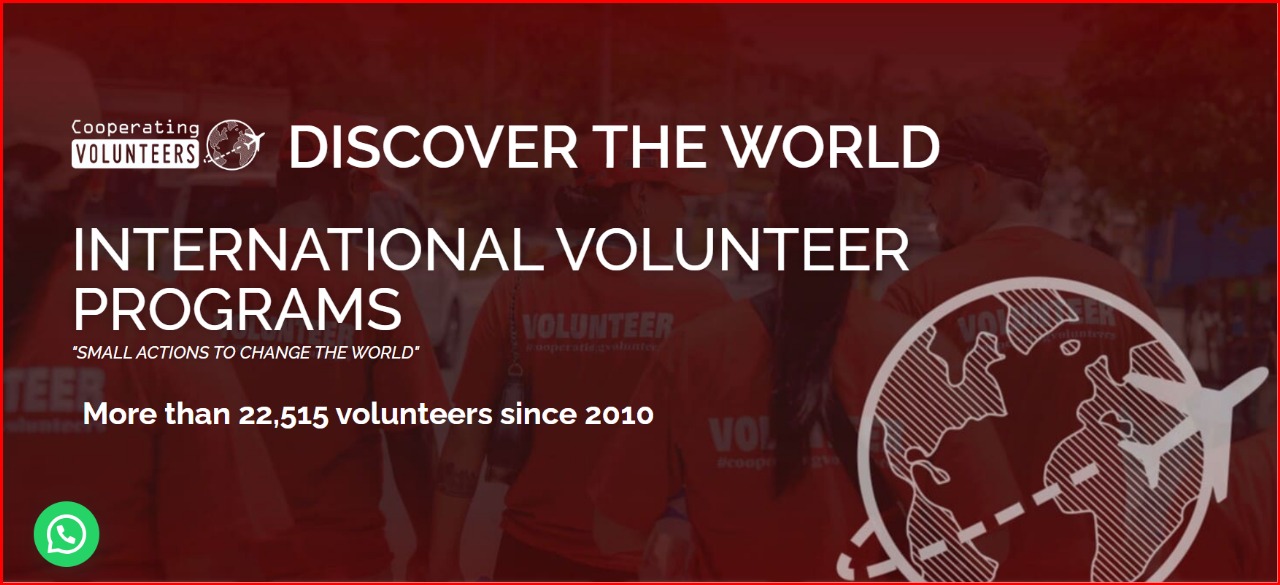In every corner of the world, communities are shaped not just by policies or leaders, but by the collective efforts of people who care. Among the most powerful forces behind grassroots progress are cooperating volunteers individuals who come together with shared goals and work in harmony to bring about positive change. Their efforts go beyond individual acts of kindness; they embody the strength of collaboration, the impact of unity, and the potential of ordinary people to build extraordinary communities.
Understanding the Role of Cooperating Volunteers
Cooperating volunteers are more than just helpers they are collaborators. Rather than acting alone, they join forces with others, contributing their unique skills and ideas toward a common mission. Whether it’s organizing a food drive, cleaning up a neighborhood, tutoring students, or responding to a crisis, cooperating volunteers understand that collaboration is key to achieving sustainable, meaningful outcomes.
These volunteers often work in organized groups, either through nonprofits, schools, faith-based organizations, or informal networks. Their cooperation ensures that efforts are not duplicated, resources are used efficiently, and goals are aligned. By fostering trust, open communication, and mutual respect, they become not only agents of service but also bridges that connect people across different backgrounds and experiences.
The Power of Collaboration
One of the greatest strengths of cooperating volunteers lies in their ability to amplify impact through teamwork. A single volunteer can certainly make a difference but a group of cooperating volunteers can transform entire communities.
For example, consider a neighborhood revitalization project. A lone person might plant a few flowers or clean a small area. But a team of cooperating volunteers can work together to paint buildings, create community gardens, fix broken infrastructure, and organize local events that boost morale and engagement. Through collaboration, the scope and effectiveness of the effort multiply.
This kind of synergy is also seen in disaster relief efforts. Cooperating volunteers often coordinate with local authorities, aid organizations, and one another to ensure timely and organized responses. Their cooperation can mean the difference between chaos and coordinated care, between isolated efforts and comprehensive recovery.
Fostering Stronger Connections
Beyond the physical impact of their work, Volunteers Abroad Cooperating helps build something equally vital: social cohesion. When people from diverse backgrounds come together to serve, they forge bonds that strengthen the fabric of the community.
Volunteering cooperatively breaks down barriers and encourages empathy. It brings together young and old, newcomers and longtime residents, people from different ethnic, cultural, or socioeconomic backgrounds. In working side by side, volunteers learn to appreciate one another’s experiences and perspectives, creating an inclusive, resilient community spirit.
Skills and Personal Growth
Participating as a cooperating volunteer also offers significant personal benefits. Volunteers often gain skills such as teamwork, problem-solving, leadership, and communication. These experiences can be personally fulfilling and professionally valuable, especially for students, job seekers, or individuals looking to develop new competencies.
Additionally, cooperating in a group builds confidence and encourages lifelong civic engagement. Many people who start as volunteers in one project go on to become community leaders, organizers, or advocates roles that extend the impact of their early service even further.
How to Encourage Cooperative Volunteering
For organizations and communities looking to encourage cooperative volunteering, several strategies can help:
- Create structured opportunities that emphasize teamwork and collaboration.
- Provide training and support to help volunteers feel confident and equipped.
- Recognize and celebrate collective achievements, not just individual efforts.
- Foster an inclusive environment where everyone feels welcome and valued.
- Partner with local institutions (schools, businesses, faith groups) to expand volunteer reach.
Technology can also play a powerful role. Online platforms and apps make it easier than ever to organize, communicate, and track volunteer activities. Social media helps spread awareness and recruit volunteers from different demographics, increasing diversity and participation.
Conclusion
Cooperating volunteers are vital to building stronger, healthier, and more connected communities. Their work exemplifies what can happen when people choose unity over division, and action over apathy. Through collaboration, these volunteers don’t just fill needs—they build networks, inspire change, and lay the groundwork for a more compassionate and cooperative future.
As we face global challenges like inequality, climate change, and social division, the spirit of cooperation among volunteers offers a hopeful and powerful model. By working together, we can all contribute to communities that are not only stronger but also more united and resilient.








